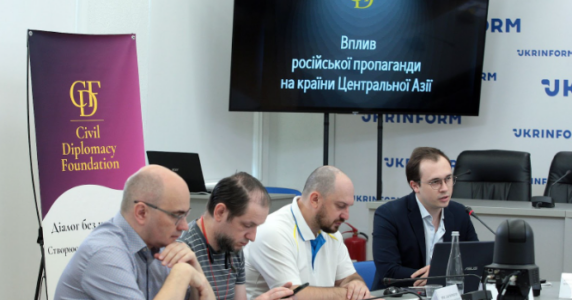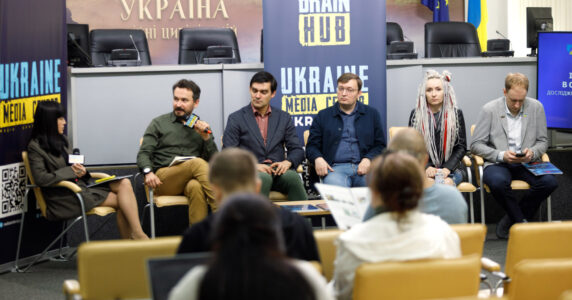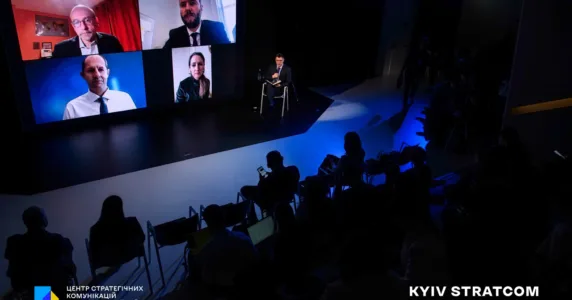Navigation and useful materials
Vaccination has long ceased to be a purely medical problem, being used for political purposes instead. It is primarily used by Russia through its direct channels or local collaborators in Ukraine to destabilize Ukraine’s domestic situation. This was stated by Head of the Centre for Strategic Communication and Information Security Ihor Solovey during the discussion “Misinformation in the field of health care. Does propaganda affect vaccination?”
“The problem of vaccination and epidemiological security is no longer a political issue, but a matter of national security. Therefore, the state should be consistent both in terms of information campaigns and in terms of measures that will encourage people to make decisions about vaccination,” he said.
Solovey reminded that social media remain the main channels of pro-Russian disinformation in Ukraine. Some other channels are pro-Russian political parties, individual activists, and the Russian church.
According to the head of the Centre, the results of Russian propaganda can be traced not only in Ukraine, but also in other countries with Russian media and a significant Russian-speaking population—particularly Germany and the Baltic countries.
Solovey pointed out that, while spreading anti-vaccination sentiment abroad, the Kremlin itself is actively calling on Russians to get vaccinated against COVID-19. However, the propaganda machine, which seemed so promising in Russia, failed to convince Russians to get the vaccine.
“Moscow hoped that it would be possible to flip the switch and turn off anti-vaccination sentiments and turn on vaccination propaganda instead. This did not happen. Russia’s strategy backfired—in the recent days, the death rates in Russia are 6.8 times as high as in Germany,” said Ihor Solovey.
If you have found a spelling error, please, notify us by selecting that text and pressing Ctrl+Enter.


